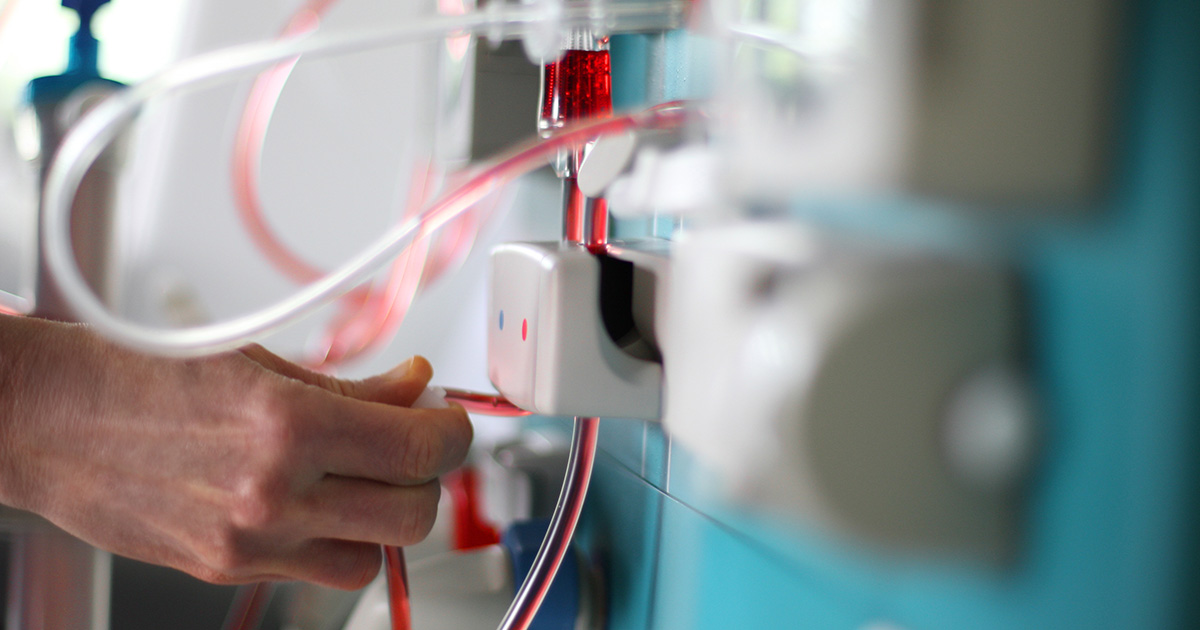What Is Peritoneal Dialysis?
Benefits Over Hemodialysis
Peritoneal dialysis is different from traditional dialysis methods and has many benefits over hemodialysis. One of the main reasons why many patients choose to have peritoneal dialysis is because it is more convenient than hemodialysis. Peritoneal dialysis can be done at home or on the go, where hemodialysis requires a visit to a medical facility three times a week with a session duration of four hours. Some patients live too far to travel to undergo dialysis three times a week. In addition, hemodialysis requires an individual to watch how much fluids, potassium, sodium, and phosphorus they consume to prevent complications. Patients who choose to have peritoneal dialysis only have to watch their calorie and sodium consumption. Furthermore, multiple studies have proven patients who use peritoneal dialysis are more likely to retain their kidney function for longer than individuals who have hemodialysis. Some of these benefits are attributed to the fact peritoneal dialysis is performed on a more continuous and frequent basis similar to how healthy kidney would operate, where hemodialysis filters less frequently on a bulk basis.
Learn about the potential complications of peritoneal dialysis next.
Complications Of Peritoneal Dialysis

There are some possible complications of peritoneal dialysis that may occur in patients who choose this treatment method. Just like every other type of medical treatment, adverse effects can occur in a small number of peritoneal dialysis patients. An affected individual may develop peritonitis or an infection of the peritoneum. There is also the potential for an infection to occur where the catheter is implanted into the abdomen. The risk of infection is greater when the treatments are not performed as directed. Patients who have peritoneal dialysis may experience weight gain, as a type of sugar called dextrose in the dialysis solution causes an increase in the individual's caloric intake each day. The increase in caloric intake may also result in elevated blood sugar levels, especially for diabetes patients. An individual who has peritoneal dialysis may develop a hernia due to muscle strain from holding a large amount of fluid in the abdomen for extended periods. Some individuals who have peritoneal dialysis can experience a decrease in its effectiveness after several years, requiring a transition to hemodialysis.
Keep reading to understand who peritoneal dialysis is not appropriate for next.
